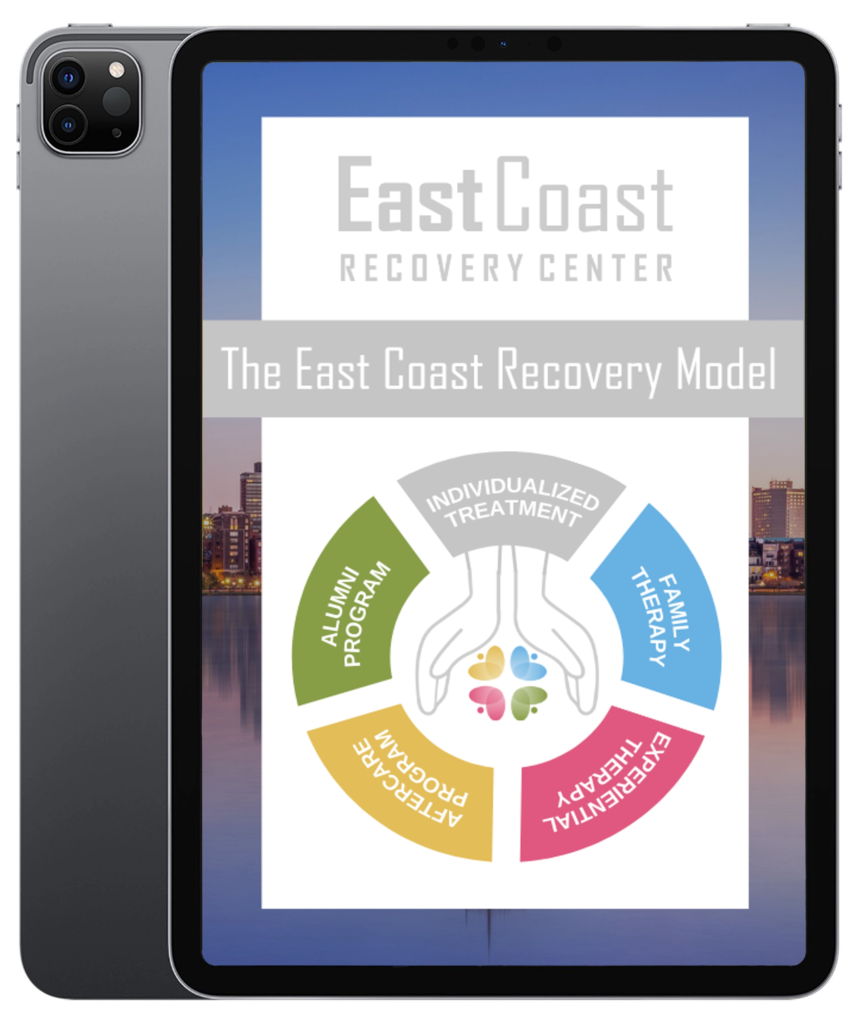Mindfulness Meditation in Boston, Massachusetts


Meditation with mindfulness is a mental training technique that helps you slow down fast thoughts, release negativity, and relax both your body and mind. Mindfulness is a mental state that focuses on the present moment so that you may accept and acknowledge your thoughts, feelings, and sensations without judgment.
There are various approaches to practicing mindfulness meditation, which generally includes deep breathing and body and mind awareness. You don’t need candles, essential oils, or mantras to get started (unless you enjoy them). All you need is a place to sit comfortably, three to five minutes of free time, and an open mind.
Scientists believe that mindfulness improves health by blunting the impact of stress. Chronic stress can degrade the body’s immune system and make a multitude of medical issues worse. Mindfulness, by lowering the stress response, may have far-reaching consequences throughout the body. Scientists have discovered that mindfulness influences two different stress pathways in the brain, altering brain structure and activity in regions associated with emotion regulation. Specifically, psychological scientists are beginning to understand which elements of mindfulness produce its positive effects.
In a study of meditation research, psychologists found strong evidence that practitioners of mindfulness were less prone to negative thoughts or inappropriate emotional reactions in response to stress. In addition, the researchers found that people who participated in mindfulness-based practices were better at concentrating on the present and thinking less about negative ideas or experiences.
Meditation has existed for thousands of years, with many of its techniques beginning in Eastern, Buddhist cultures. Meditation is defined as focusing on mind and body integration as well as calming the mind to improve overall health and well-being. It may involve focusing on a particular sensation such as breathing, a noise, or a mantra, which is a repeated word or phrase. Through meditation, one may maintain attention or awareness of the present moment without making assessments or judgments.
Despite the fact that mindfulness and meditation are often used interchangeably, it is valuable to draw a distinction between the two. Mindfulness is being in the present moment without reflexive judgment, automatic criticism, or mind wandering. The purpose of meditation is to develop attention through mindfulness. There are various ways to meditate, aside from mindfulness meditation. These days, Transcendental Meditation, which aims to produce a state of calm alertness by reciting a mantra, is particularly popular.
Getting started with mindfulness meditation is simple enough to do on your own, but a teacher or program may also help. Here are some straightforward steps to get you started on your own. Remember, meditation is a discipline, so it will never be perfect. You may begin right now just as you are.
Choose a peaceful and comfortable spot to sit. Make sure your head, neck, and back are straight but not rigid. Wearing comfortable, loose clothing will also help keep you from being distracted. This technique can be done anywhere for any length of time.
It is not required, but a timer (with a gentle, soothing alarm) may help you focus on meditation and forget about the clock, eliminating any reasons you may have for abandoning your session early. Since many meditators lose track of time, you should also avoid meditating for too long. Make sure to allow yourself time afterward to become aware of where you are and rise slowly.
Become conscious of your breathing, noticing the flow of air in and out of your body as you breathe. Notice how your torso rises and falls as the breath enters your nostrils and leaves your nostrils. Notice how the temperature changes as the breath is inhaled versus exhaled.
The goal is to get comfortable with being a witness to your thoughts rather than stopping them. When thoughts occur in your head, don’t ignore or suppress them. Instead, note them, remain calm, and anchor yourself to your breathing. Picture your thoughts as clouds passing by; watch them float by as they shift and change. Use this image as often as you need while meditating.

Regular practice of mindfulness meditation can enhance both your physical and psychological well-being. The following are some of the benefits of meditation:
The practice of mindfulness meditation, a standardized therapeutic approach to mindfulness meditation, has been shown to reduce stress in healthy individuals. Furthermore, this method has been shown to help with a variety of mental health and physical health issues, including anxiety, depression, and chronic pain.
A body’s resistance to illness may also be improved through mindfulness practices, according to research. In one study, the impact of both mindfulness and physical activity on immune function was measured. People who had taken an eight-week mindfulness course showed greater gains in immune function than those in the exercise group.
Research indicates that mindfulness may be beneficial for the heart. In one study, participants either joined an online mindfulness meditation program or were put on a waitlist for traditional heart disease treatment. Those who participated in mindfulness meditation had lower heart rates and scored higher on a cardiovascular capacity test.
Researchers have discovered that practicing mindfulness meditation may improve sleep and even help treat certain sleep disorders. A 2019 study found that mindfulness meditation had a significant positive impact on sleep quality in daily life.
Studies have shown that mindfulness exercises can alter brain function and structure in a positive way. Mindfulness meditation improves brain function by boosting areas related to learning, memory, emotion regulation, empathy, compassion, perspective-taking, and stress response.
Researchers discovered substantial changes in the brains of meditators after eight weeks of daily meditation, in which they meditated for 30 minutes on average. In particular, they identified an increase in gray matter in the areas of the brain linked to memory, empathy, and selfhood.
The amygdala, a structure within each cerebral hemisphere, evaluates our environment and determines whether an item is safe or dangerous. The amygdala has a key function in processing negative emotions like anxiety, fear, sadness, and aggression. Our fight-or-flight response is activated by signals sent by the amygdala, which is also associated with our emotional processing. According to researchers, one of the effects of mindfulness meditation is the decreased grey matter in the right amygdala.
Through neuroplasticity, our neurons can alter how they communicate with each other. This allows for new neural connections to be formed through experience. Both informal mindfulness practices and meditation-induced mindful states may enhance neurological activity.
Learning mindfulness is easier than ever. Classes and therapies that teach mindfulness are available in yoga studios, health clubs, clinics, and at East Coast Recovery Center in Boston, Massachusetts, although the courses may vary in approach. It may take a little time for mindfulness meditation to feel natural and become a regular routine. However, with time, you may find that the effects of meditation are powerful tools for lowering stress and improving health. Because it takes a little time for it to feel natural and become a regular routine, it might be difficult to put it on as an everyday routine.
Beginning a mindfulness meditation practice can seem intimidating, but it’s important to remember that even a few minutes each day can be beneficial. Every person’s method of overcoming addiction and living a fulfilling life is unique, and substance abuse treatment must respect that reality.
East Coast Recovery Center aims to assist those who are battling drug and alcohol addiction. Mindful meditation is among the many holistic practices offered at East Coast Recovery Center. Contact us today to learn more about what we offer and to get started today. We are looking forward to hearing from you.

Download Our FREE East Coast Recovery Model eBook
FREE Insurance Verification









